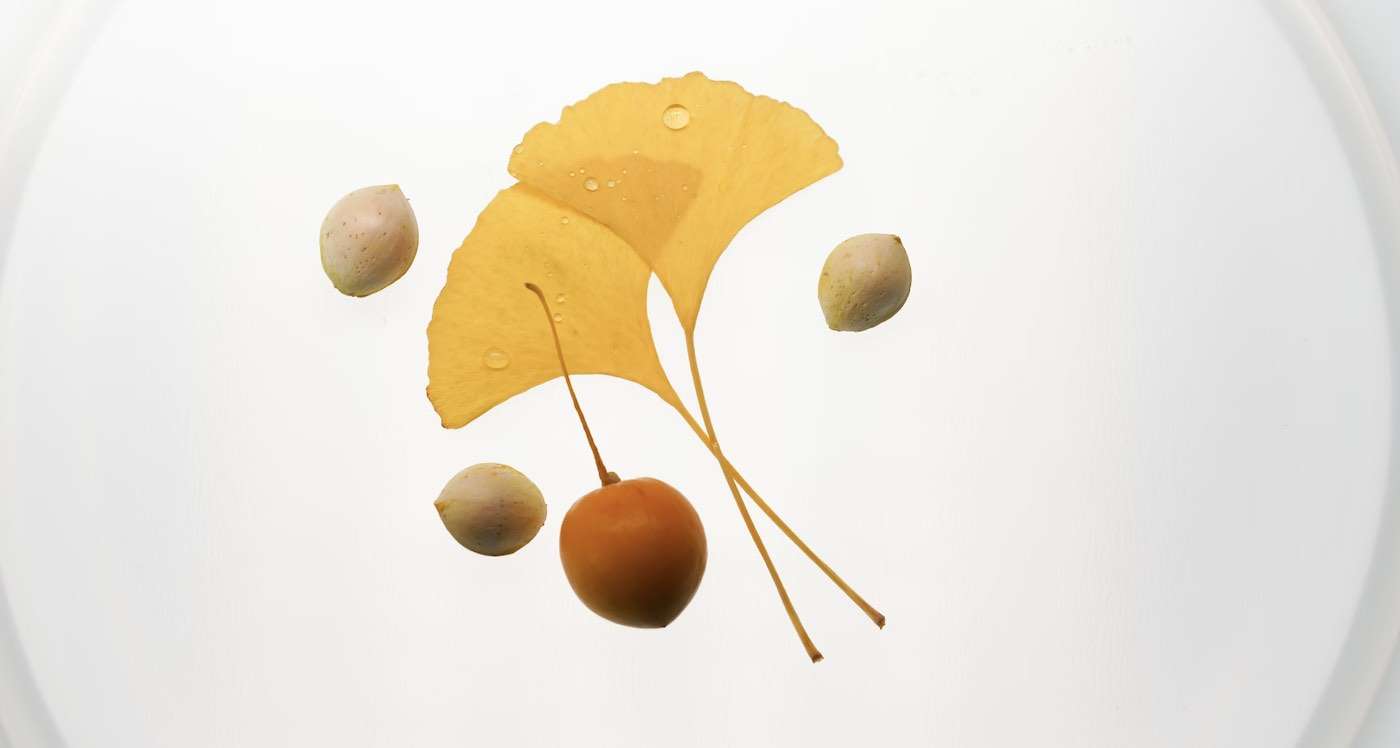Singing or Playing Music Throughout Life is Linked with Better Brain Health While You Age
Musical instrument, particularly the piano, is linked to improved memory and the ability to solve complex tasks.

A traditional Chinese herbal remedy made from one of the oldest living tree species was shown to aid in the recovery of stroke victims, according to a new study.
The large randomized controlled study found that active components in ginkgo biloba could improve early recovery of thinking skills after a stroke caused by a blood clot.
The herb, extracted from the dried leaves and seeds of the ginkgo tree which is native to East Asia, is already the basis for treatments widely used in China for these ischaemic strokes because of its antioxidant properties that may protect nerve cells from damage.
Ginkgo biloba, though it is sold as a nutrition supplement, is not approved by the U.S. Food and Drug Administration for any medicinal use whatsoever, due to "lack of evidence," but maybe studies like this will lead to a reevaluation.
Early last year, the researchers analyzed the overall recovery of 3,163 stroke survivors with an average age of 63, treated for mild to moderate ischemic stroke at 100 centers in China.
The patients were treated for 14 days with intravenous injections of ginkgo diterpene lactone meglumine (GDLM)-a combination of biologically active components of ginkgo biloba, and then again at 90 days.
Not only did they show improved recovery from overall stroke symptoms in the randomized controlled study, but further analysis showed better cognitive recovery for participants treated with the herbal concoction.
"I did not find the results of the study surprising at all," Dr. Sheryl L. Chow, a professor at Western University of Health Sciences and University of California, Irvine told the American Heart Association. "There have been studies looking at patients with dementia that seem to show some very modest benefits, but pertaining to acute ischemic stroke, there have also been other studies in these types of patients that have actually shown improvement in outcomes."

Starting within 48 hours of the stroke, about half of the stroke survivors were randomly selected to receive daily, intravenous injections of 25 mg of GDLM for 14 days, while the other half received daily, intravenous placebo injections.
Cognitive performance was assessed before treatment, at 14 days and at 90 days.
After 14 days, compared to their initial cognitive screening results, the stroke survivors who received the ginkgo biloba compound boosters had improved cognitive scores in comparison to those who received the placebo. And by Day 90, those who received the ginkgo biloba compound injections had even more improved cognitive scores compared to those who received the placebo.
"The proportion of patients who reached a clinically significant level of improvement was 20 percent higher in the GDLM group," reported Associate Professor Anxin Wang, a clinical epidemiologist at the Capital Medical University in Beijing, who conducted the study.
In the future he would like to test beyond 90 days, to gauge the longer-term effect of GDLM injections.
"GDLM has shown a neuro-protective effect through multiple mechanisms, such as expanding brain blood vessels and improving brain cells tolerance to hypoxia-inadequate oxygen-and increasing cerebral blood flow.
"GDLM also has neuroprotective antioxidation, anti-inflammation and anti-apoptosis (cell death) properties.
"Additionally, laboratory studies have previously indicated that GDLM may promote secretion of chemicals associated with avoiding neurodegenerative diseases, such as Parkinson's disease and Alzheimer's disease."
The findings of the preliminary study are due to be presented at the American Stroke Association's International Stroke Conference in Phoenix, Arizona, February 7-9.
Dr. Chow, who was not involved in this study, said the anti-platelet effects of the ginkgo were notable and "very relevant".
"Ginkgo is believed to be a platelet activity factor receptor antagonist, meaning that it prevents the platelets from binding or sticking to each other essentially. So it does have some mechanisms that seem to promote benefits in this particular population."
"If our positive results are confirmed in other trials, GDLM injections may someday be used to improve cognitive function for patients after ischemic stroke," concluded Professor Wang.
SHARE The Results With Alternative Medicine Fans on Social Media…
Be the first to comment